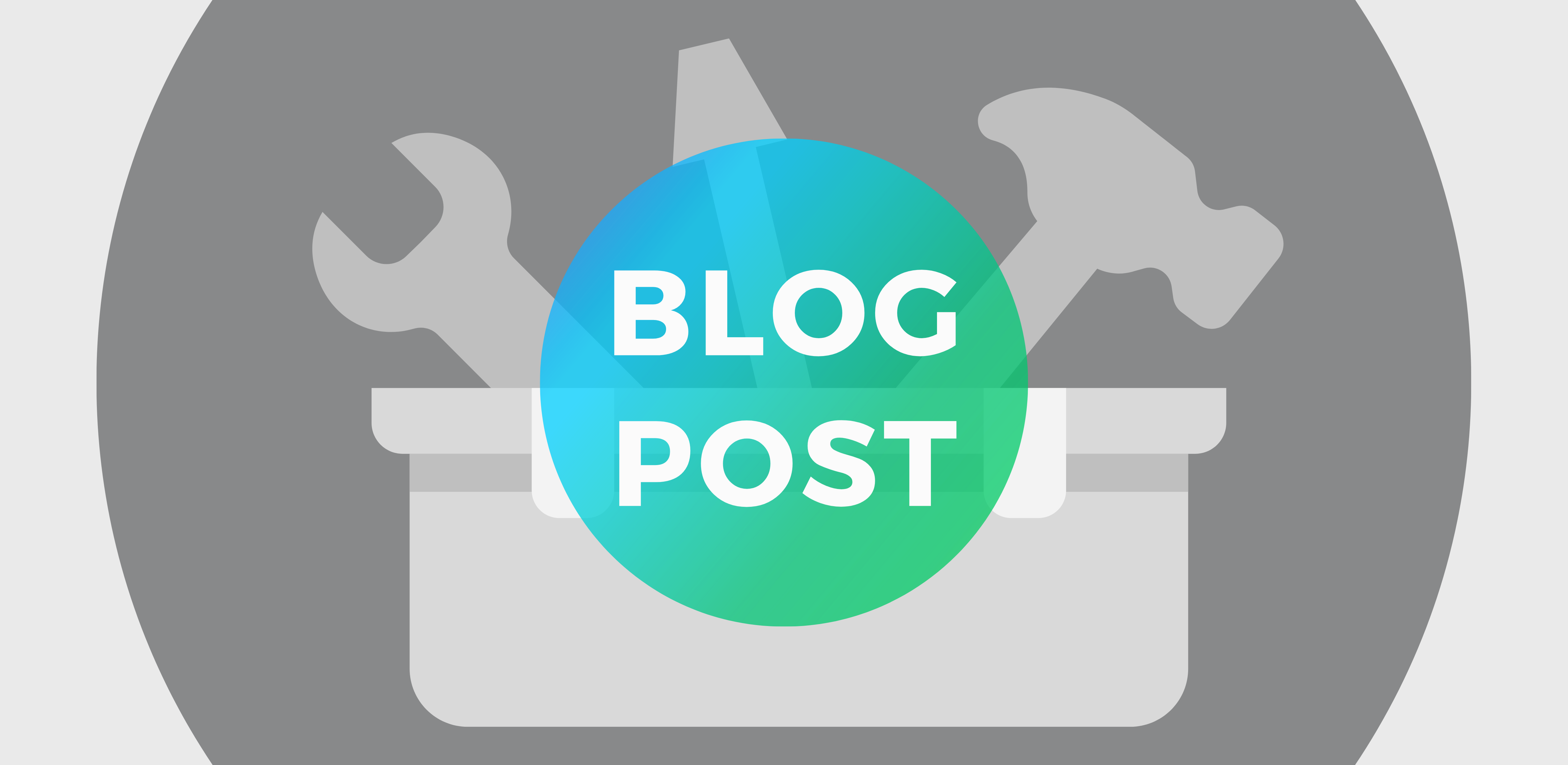In conjunction with the release of White Paper 1 this week – A Framework for Socio-Emotional Skills, Quality, and Equity – we want to mention a few of the highlights:
What are socio-emotional skills? In our view, a person’s socio-emotional skills are integrated sets of mental and behavioral parts and processes (i.e., schemas, beliefs, and awareness); these integrated systems are socio-emotional skills and produce both basic and advanced forms of agency.
Why are socio-emotional skills important? Socio-emotional skills have a compounding effect on many developmental outcomes that has been described as dynamic complementarity (Heckman, 2007); that is, socio-emotional skills beget other types of skills. Children and adults operating at high levels of SEL skill can more easily get on to the business of learning what the context has to offer. Settings that do not address SEL skills can become a further cause of educational inequity.
Why are organizations and policies struggling to implement socio-emotional skill reforms? A recent review found over 100 different frameworks describing SEL skills and supports (Berg et al., 2017). This cacophony of words and concepts undermines the shared understanding and language necessary for coordinated action, both within organizations doing the work and among evaluators producing the evidence.[i] Confusion about what constitutes SEL skill, and how “skill” may or may not differ from many other concepts – such as, competence, abilities, traits, attitudes, and mindsets – undermines scientific progress and slows policy processes that rely on at least approximate consensus around shared meanings and objects of measurement.
How can the QTurn socio-emotional skills framework help increase the effectiveness of reform? By defining, naming, and sorting out the key parts of integrated SEL skill sets, we can much more effectively measure and model both changes in socio-emotional skills and, ultimately, impacts on outcomes and equity. In White Paper 2, we extend from the socio-emotional skills framework described in White Paper 1 to corresponding guidance for measuring socio-emotional skills with increased precision, accuracy, and sensitivity.
We’ll be back with more soon…
[i] Given the extent of diversity across SEL frameworks, Jones et al. (2019) developed resources to help stakeholders understand the unique strengths of different frameworks as well as the alignment between core elements of these different frameworks. The general conclusions from this work are (a) there is currently no single consensus framework that is obviously more scientifically or practically valid than any or all of the others, and (b) the use of the same terms by different frameworks where presumably referring to different things (i.e., jingle fallacies), and the use of different terms by different frameworks where presumably referring to the same things (i.e., jangle fallacies), are abiding challenges faced by stakeholders charged with making funding, evaluation, training, performance, measurement, and analysis decisions. Our approach is designed to help solve these problems.



This information was very interesting and I enjoyed learning about it.